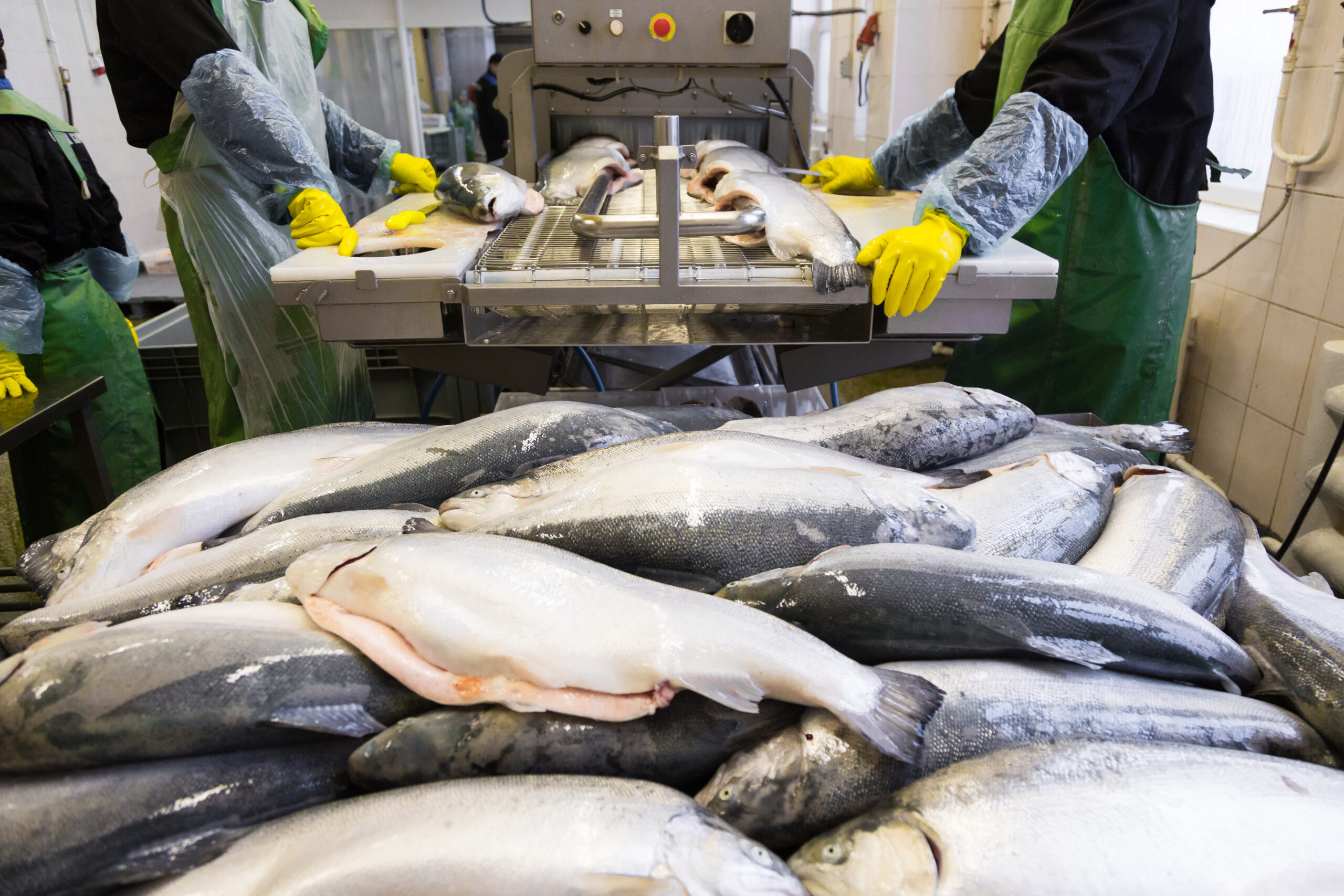Researchers seek seafood sector insights to unlock by-product prize

Researchers from Aberdeen have put a call out to Scotland’s seafood sector to help understand why the industry could be missing out on netting the full potential of its fish by getting more value from by-products.
The team of researchers from The James Hutton Institute have been looking at opportunities to achieve better value throughout the seafood supply chain, including from by-products.
Fish oil and fish meal is already being produced as a by-product in Scotland, but other opportunities from elsewhere in the world include extracting insulin from fish eyes, using fish skin for leather and even skin grafts and using shellfish shells for land drainage.
The team of economic and social science researchers at the Hutton are now calling on the wider seafood sector to take an online survey to help them understand the potential.
“We would like the industry to help us identify where the best opportunities are and find ways to overcome the barriers to unlock them,” said Dr Nazli Koseoglu, applied economist, at the Hutton.
He added: “A challenge in the Scottish seafood industry is a lack of data on what could be processed, which is why we’re keen for people to take the survey from right across the sector. Initial findings suggest, there are other challenges, such as the cost of labour for processing, which would be needed to segregate materials for use, as well as storage of by-products and the variability of catch, which makes scale and setting up supply chains difficult.
“Additionally, a large amount of the fish and shellfish landed in Scotland is exported, with processing potentially happening elsewhere, which could also limit opportunities for getting more value from by-product. But we need to learn more, which is why it’s important people take the survey.
“If we can help to pinpoint what the opportunities are, it could also help bring in innovative players, funding and opportunities to collaborate and lead to a more circular approach in the seafood supply chain.”
The results of the work, part of an EU-wide project called LOWINFOOD, will be shared with UK and EU policy makers, which could help further unlock opportunities.
Those taking part in the survey, which is open until the end of June, will be entered into a prize draw to win one of a number of £50 gift cards to spend in a store of their choice. They will also be able to access the results of the survey.
The Hutton has a stand (G5) at next month’s Scottish Skipper Expo in Aberdeen (May 9-10), where Dr Koseoglu and other researchers from the team will be keen to engage with the sector.
The project will run until October 2024, when there will be an event bringing in stakeholders from across the fish and seafood supply chain, including survey participants, to share the results.
To fill in the survey, visit here or use the QR code below.

Scotland landed 429,000 tonnes of sea fish and shellfish in 2022, with a gross value of £617m million in 2022, according to Scottish Government data, with the most being landed in northeast Scotland.
“One challenge for the Scottish sector is the segmented nature of the supply chain, compared with somewhere like Iceland, which has a more integrated industry,” explains Dr Simone Piras, an economist at the Hutton. “They’re able to see where there are opportunities to turn what might be seen low-value by-product into valued products like collagen or even skin grafts, using the fish skin. By learning more and helping the industry collaborate, we hope we can find similar opportunities here in Scotland.”
The team also hope to learn from and share innovations from other countries like Iceland and Norway, but also other food supply chains, like fruit vegetables.
“By taking our survey, the industry will help us to better understand where there could be opportunities and that will in turn unlock the potential for collaboration,” says Dr Piras.
“Also, our results will be presented to UK and EU policy makers, which will be important in helping to make policy changes that could support the ability to get higher values from by-catch and by-product.”
For more information about the project, visit: LOWINFOOD – Multi Actor Design of Low-Waste Food Value Supply Chains | The James Hutton Institute

